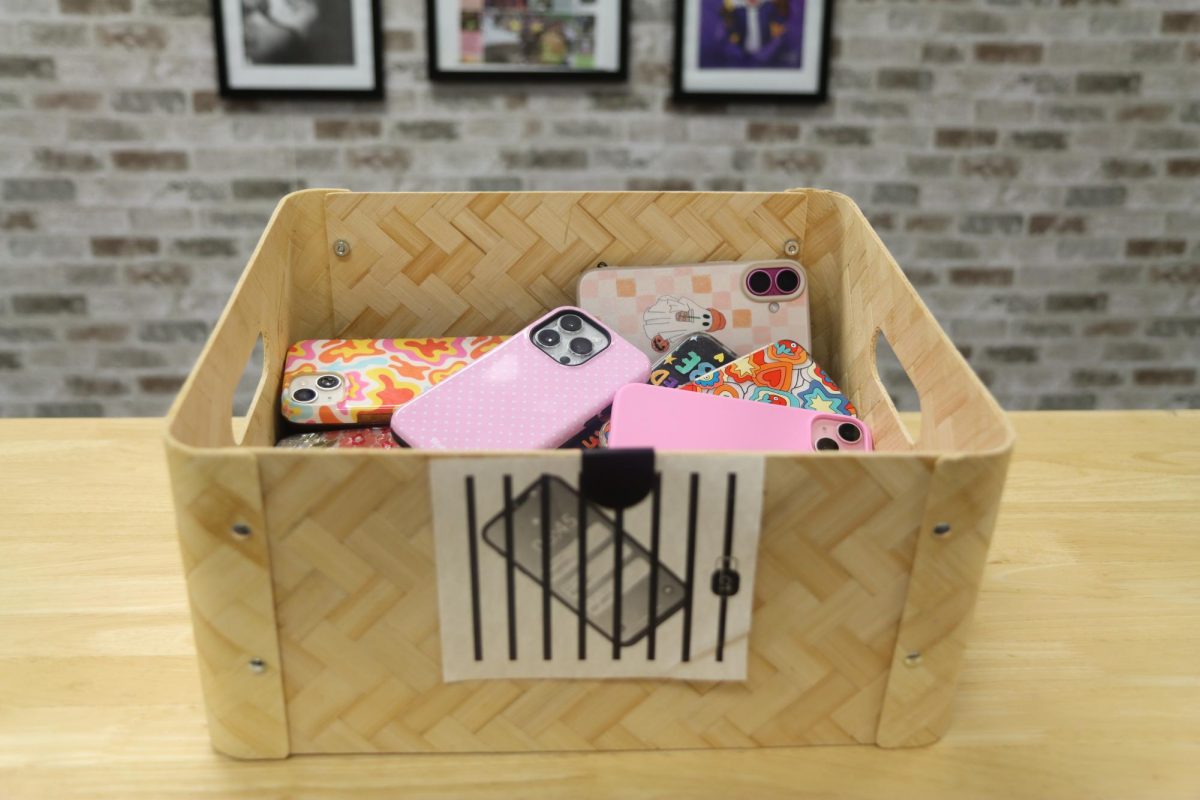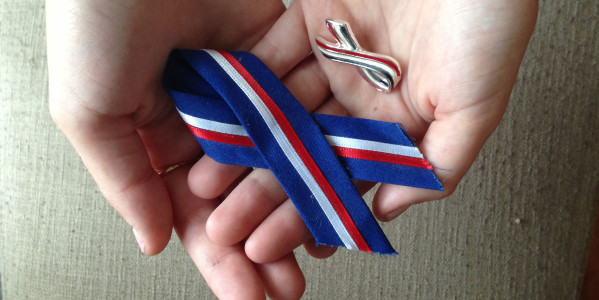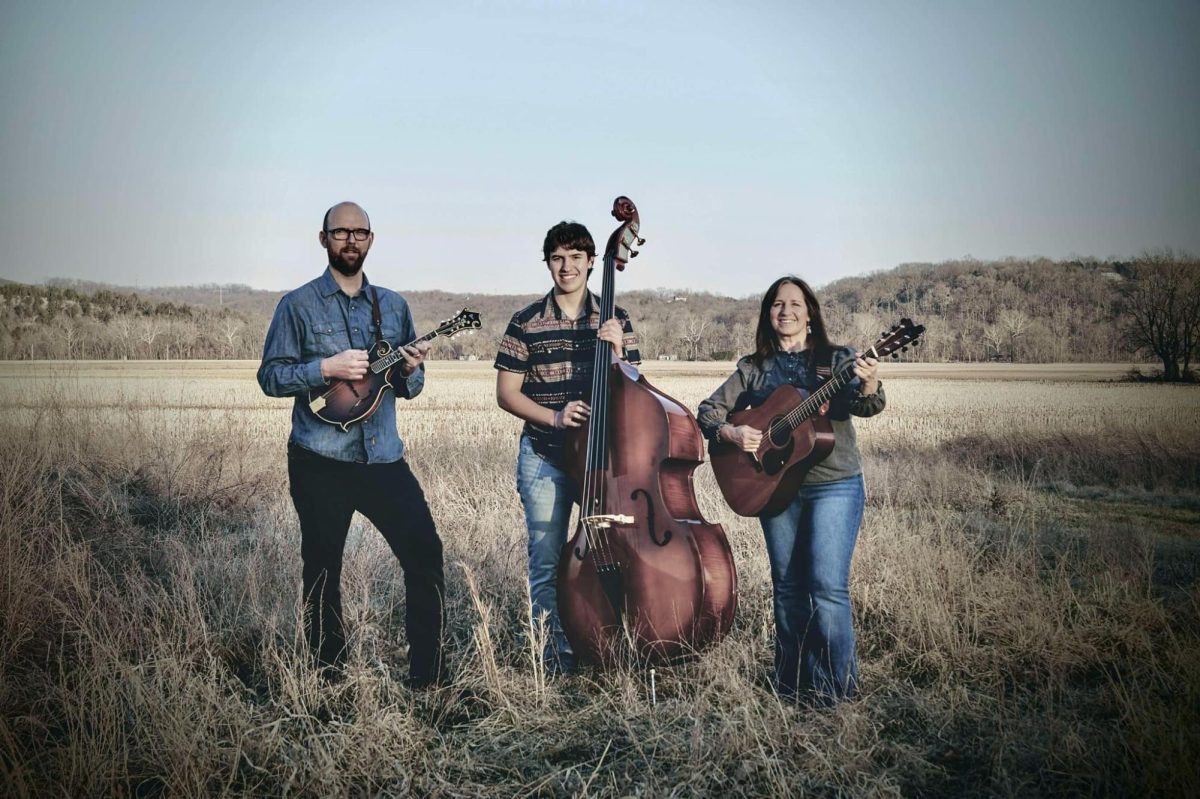In the late 60’s, the term “mod” was short for the term modern and referred to the style of dress that mirrored the British beat style of popular bands like The Kinks and The Who.
My family shares an inside joke about the term mod. It goes like this:
One relatively trendy day in the late 60’s, Karen Gomez (my mom) was riding the bus to school and with her two friends, John and Nick. Karen has an older brother Phil. So, that day on the bus young John turned to my mom and asked, “Has Phil gone mod?…Nick and I have.”
The phrase has stuck through generations of Gomez and Walker family members.
The term mod came to its end before our generation was born. I can’t imagine referring to someone’s style as mod unless they looked like they came out of an Austin Powers movie wearing giant, plastic, pastel-pink hoop earrings.
So when my mom stated, “Has Phil gone mod?” the other night at dinner when I was describing a retro style dress I wanted, I started to think up all the terms I use today to describe particular styles.
I brought up to my mom and sister that “hip” was the only word I could think to compare to mod.
My mom has told us in the past that hip was a term she used to indicate agreement. For example, someone would say “I really like that paisley button-up shirt,” and she would reply “I’m hip.”
But now, I only use the term hip to describe a high-fashion outfit. I might see an edgy Valentino ad in a Vogue issue and refer to it as hip.
I use numerous terms to describe someone’s way of dressing. The term “hipster” saw it’s popularity reemerge in the last couple years. The term was originally used to describe people in the 1940’s who were in the know about the jazz scene. Now it seems as if we use hipster to describe anyone who is wearing anything high fashion or non-conformist.
Words people use to describe different scenes have changed throughout the years. I’m sure my version of grunge is way different than someone using the term “grunge” in the early 90s because the style has evolved from an underground Nirvana-listening scene to a mainstream couture look.
Which leads me to wonder if the terms I use now going to be obsolete in coming years.
My mom surely doesn’t use the term hip anymore to agree with me about where we’re going for dinner, and we don’t call Uncle Phil’s style mod (because although he is stylish, he is certainly not mod).
It’s weird to think that I might have a completely different style vocabulary when I’m a middle-aged adult just as I will be wearing a completely different wardrobe and style of dress.
My mom wishes she kept a few of those mod gems she wore in middle school, like her high-waisted American flag dress. But they went out of style like “I’m hip” and “right on.”
But like everything in our society, fashion and its cultural terminology are always evolving and changing to the next latest thing.
Society is always ready to hop on the next trend, no matter how different it might be from the status quo.
It’s only nostalgia and my sense of romanticism that makes me long for my mom’s flower power bell bottoms. While I can’t imagine myself asking if any of my friends have “gone mod,” next time I agree with someone I might just say “I’m hip.























